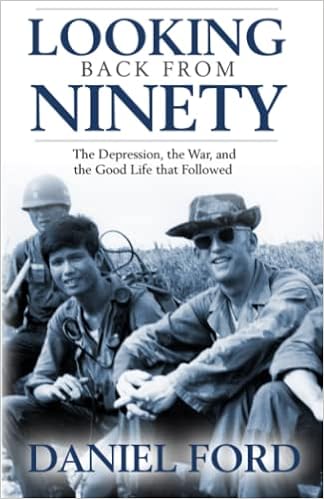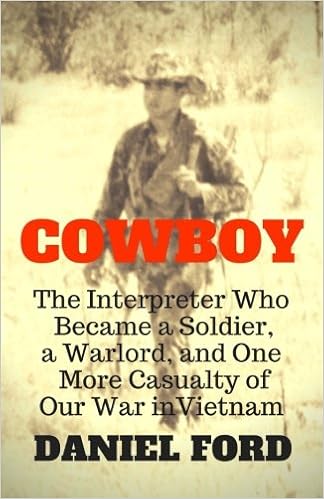Wait, pray, watch TV
Those who've followed my comments here and on the discussion boards already know that I don't hold our core texts in high regard, with the occasional exception of Gaddis. Lately I've been reviewing their take on the Cuban Missile Crisis, and this morning I came across this eye-popping statement in Reynolds (p.178) about the reaction to Kennedy's TV address of 22 October: 'Across America, fall-out shelters were made ready, hoarding expeditions were made to local supermarkets; everywhere people waited, prayed, and watched their TVs'.
What utter horseplop! The only time I ever took such precautions was in the runup to the 1960 elections: I packed the saddlebags of my motorcycle with engine oil, canned meat, rice, and dried beans, figuring that if Nixon won the White House I would make a run for Canada before the bombs began to fall. (Never overestimate the intelligence of a twentysomething.) To be sure, I gulped hard when I heard Kennedy's speech, but I neither waited, prayed, nor watched TV; I went to work as usual, and so did everyone else of my acquaintance. (My wife tells me that she didn't even know that anything untoward was going on!)
Of course there are hysterical people in every society. But there was no such response as Reynolds describes. 'There were some Nervous Nelly reactions in the U.S.', commented Time magazine (2 Nov 1962), citing the usual stock-market drop and a brawl over a can of pork and beans in Los Angeles. 'Yet for all such transient evidences of panic, the U.S. was solidly behind Kennedy'. Here, as so often in my readings, I find an author reporting what he thought ought to have happened, rather than what I remember happening, and what contemporary reports show was happening.
This phenom was noted by Gimbel in his analysis of the origins of the Marshall Plan (p. 4): The analysis, he argues, has stemmed from the historians' knowledge of the outcome, arguing backwards 'to explain and describe what must have been the reasons' for its origins. 'In short, the origins of the Marshall Plan have been explained by extrapolation, rather than by interpretation of documents, sources, and contemporary evidence'. A very similar act of myopia has been applied to the Cuban Missile Crisis.
References: Gimbel, John (1976), The Origins of the Marshall Plan (Stanford: Stanford University Press); Reynolds, David (2000), One World Divisible: A Global History Since 1945 (New York: Norton)











3 Comments:
Dan, you seem to be leading a crusade against Reynolds et al. Although I fully take your point about how you recall things, I disagree on your use of Time Magazine. Hardly a reliable source in my view, and one, in a time of crisis, I would think unlikely to say to the Soviets "People here are panicking, you got us so scared that we don't whether to move to the South Atlantic or hide in our shelters", or something like that...
However, you recalling events differently than the authors report them, is something that I can relate to. My experience of Serbia of the 1990s and that described in almost all the mainstream English language works, differ in many ways. I guess that is in the nature of things when writing history.
Yes, I find the core texts with the exception of Gaddis to be very biased. Anent living history, unless you are actively being bombed, I suspect that most people just go ahead and do the daily routine. I was surprised when I went to Vietnam as a civilian how quickly sleeping in the boondocks became the normal way of life, and how alien and far-fetched my job at home had come to seem. Blue skies! -- Dan Ford
About folks living the routine in times of supposed crisis: Robert Kennedy in Thirteen Days makes no mention of praying. Instead he -- a Catholic! -- goes to a horse show with his daughters on that Sunday morning (p.139).
Post a Comment
<< Home